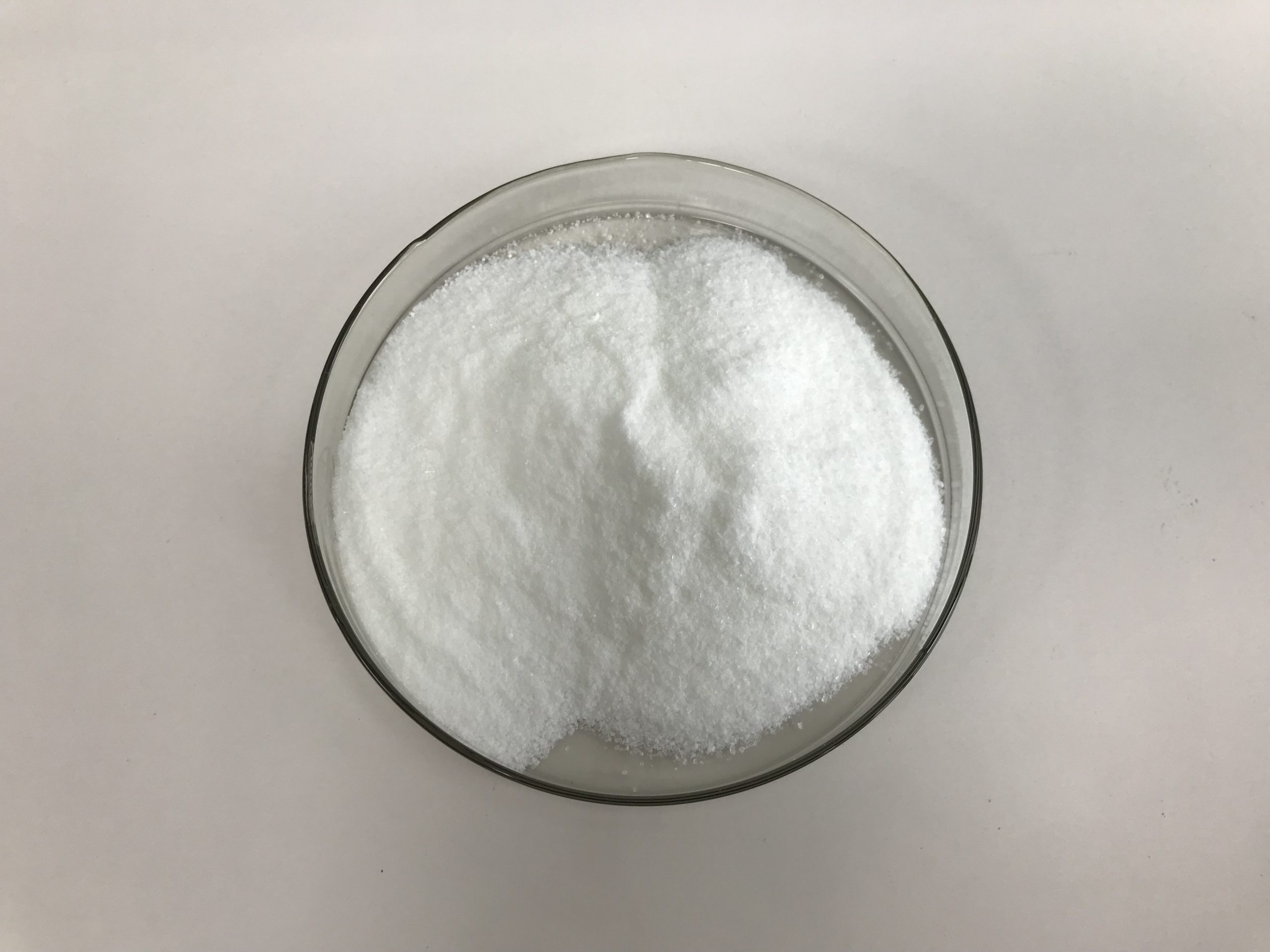Ivermectin is a medication that has gained attention for its potential uses, including as an antiparasitic agent and, more recently, as a potential treatment for certain viral infections. Here’s an overview of its role and efficacy:
1.Antiparasitic Use:
Ivermectin was originally developed as an antiparasitic medication primarily used to treat infections caused by various parasitic worms and arthropods. It has been highly effective in treating conditions such as onchocerciasis (river blindness), lymphatic filariasis (elephantiasis), strongyloidiasis, and scabies. Its efficacy against these parasitic infections has been well-established, and it has been widely used in mass drug administration programs to control and eliminate certain neglected tropical diseases.
2.COVID-19 and Ivermectin:
Ivermectin gained significant attention during the COVID-19 pandemic as a potential treatment option for SARS-CoV-2, the virus responsible for COVID-19. Some studies and anecdotal reports suggested that ivermectin might have antiviral properties against the virus. However, the efficacy and safety of ivermectin for COVID-19 treatment remain subjects of debate within the medical and scientific communities.
As of my last knowledge update in September 2021, the data on ivermectin’s effectiveness for COVID-19 were mixed. While some small studies and observational reports suggested potential benefits, larger, well-designed clinical trials were lacking or had methodological issues. Organizations such as the World Health Organization (WHO), the U.S. Food and Drug Administration (FDA), the European Medicines Agency (EMA), and the Infectious Diseases Society of America (IDSA) did not recommend ivermectin as a standard treatment for COVID-19 due to the lack of robust clinical evidence.

3.Caution and Controversy:
It’s important to note that using medications for off-label purposes (using a medication for a purpose other than its original intended use) should be approached with caution. The use of ivermectin for COVID-19 has been surrounded by controversy, with concerns about the quality of available studies, inconsistent findings, potential side effects, and the risk of self-medication without proper medical supervision.
4.Consult a Medical Professional:
If you’re considering using ivermectin for any purpose, including COVID-19 treatment, it’s crucial to consult with a qualified medical professional. They can provide you with the most up-to-date information and guidance based on the latest research and clinical guidelines. Medical decisions should be made based on well-established evidence and under the supervision of healthcare experts.
Since my information is based on data available up until September 2021, I recommend checking with reliable sources for the most current information on the role and efficacy of ivermectin, especially with regard to its use for COVID-19 or other emerging treatments.
Adverse effects of Ivermectin
Ivermectin is a medication that has been primarily used to treat parasitic infections in humans and animals. It has gained some attention as a potential treatment for COVID-19, but its effectiveness and safety for this purpose remain controversial and are not yet fully established. Here are some potential adverse effects associated with the use of ivermectin:
Gastrointestinal Distress: Common side effects of ivermectin include nausea, vomiting, diarrhea, and abdominal pain. These symptoms are usually mild and temporary.
Allergic Reactions: Some individuals may experience allergic reactions, such as skin rash, itching, hives, and swelling of the face, lips, or tongue.
Neurological Effects: In some cases, especially when used in higher doses, ivermectin can lead to neurological symptoms like dizziness, confusion, hallucinations, and seizures.
Liver and Kidney Issues: Ivermectin can affect liver enzymes, and there have been reports of increased liver enzymes and liver damage in some individuals. People with pre-existing liver conditions may be at a higher risk.
Eye-related Effects: High doses of ivermectin can lead to eye-related issues, including visual disturbances, conjunctivitis, and even changes in vision.
Drug Interactions: Ivermectin can interact with other medications, potentially leading to adverse effects or reduced effectiveness of either the ivermectin or the other medication.
Respiratory Symptoms: In rare cases, ivermectin has been associated with respiratory symptoms like coughing, wheezing, and shortness of breath.
It’s important to note that the safety of using ivermectin for purposes other than its approved uses (such as treating COVID-19) has not been well established. The doses required to achieve potential antiviral effects against COVID-19 are much higher than those used for its approved indications, which raises concerns about safety. Furthermore, many health authorities and medical experts have cautioned against the widespread use of ivermectin for COVID-19 due to the lack of robust clinical evidence and potential risks.
If you are considering using ivermectin for any purpose, it’s crucial to consult a qualified healthcare professional who can provide personalized advice based on your medical history and current health status. Self-medication or use without proper medical supervision can be dangerous and lead to serious health risks.
